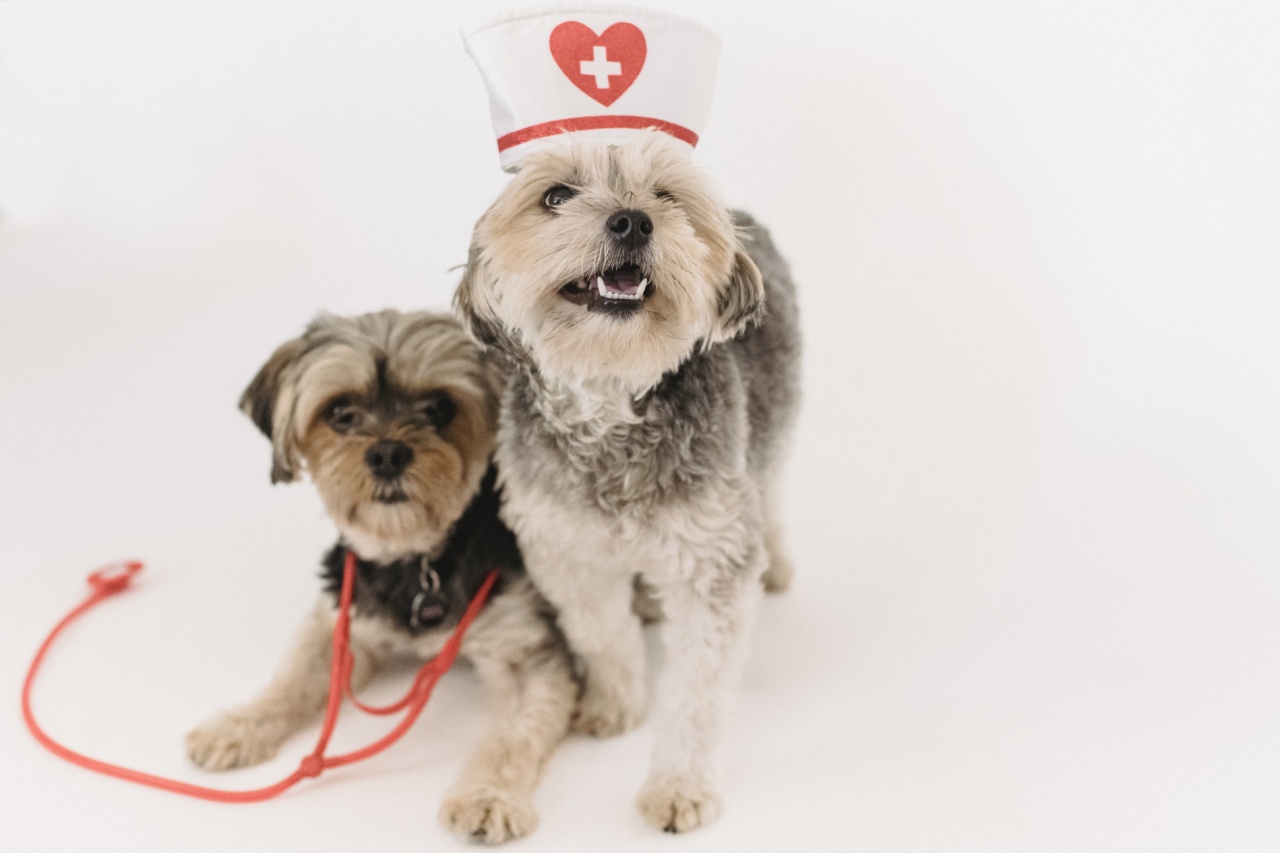As a dog owner, you may have noticed your furry friend coughing occasionally. While coughing in dogs can be normal, sometimes it indicates an underlying health issue that needs to be addressed.
In this article, we will discuss the common causes of coughing in dogs and what you can do to help your dog.
1. Kennel cough
Kennel cough, also known as infectious tracheobronchitis, is a highly contagious respiratory infection that affects dogs. It is caused by a group of bacteria and viruses, including Bordetella bronchiseptica, canine adenovirus, and parainfluenza virus.
Dogs with kennel cough may have a dry, hacking cough that sounds like they are trying to clear their throat. They may also sneeze, have a runny nose, and be lethargic. Kennel cough is typically not serious and resolves on its own within three weeks.
However, if your dog has a weakened immune system or is very young or old, they may be at risk for complications, and you should consult with your veterinarian.
2. Heart disease
Coughing can also be a sign of heart disease in dogs. When the heart is not functioning properly, fluid can build up in the lungs, causing your dog to cough. The cough may be dry or wet and may occur during exercise or at night.
Other symptoms of heart disease include difficulty breathing, lethargy, and decreased appetite. If you suspect that your dog has heart disease, it’s important to consult with your veterinarian, as this condition can be life-threatening if left untreated.
3. Respiratory infections
Respiratory infections, such as pneumonia, can also cause coughing in dogs. These infections can be caused by bacteria, viruses, or fungi and can affect the lungs, trachea, or bronchi.
Symptoms of respiratory infections may include coughing, wheezing, difficulty breathing, fever, and loss of appetite. In severe cases, respiratory infections can be life-threatening, so it’s important to seek veterinary care if you suspect your dog has an infection.
4. Allergies
Just like humans, dogs can suffer from allergies. Allergies can cause inflammation in the airways, leading to coughing. Common allergens for dogs include pollen, dust mites, mold, and certain foods.
Allergy symptoms in dogs may include coughing, sneezing, itching, and skin irritation. If you suspect that your dog has allergies, your veterinarian may recommend allergy testing and treatment to help manage the symptoms.
5. Collapsed trachea
A collapsed trachea is a condition in which the rings of cartilage in the trachea weaken and collapse, causing the trachea to narrow. This can make breathing difficult and lead to coughing.
Small dog breeds, such as Chihuahuas and Yorkshire Terriers, are more susceptible to this condition due to their smaller tracheas. Symptoms of a collapsed trachea may include coughing, wheezing, and difficulty breathing. In severe cases, surgery may be necessary to correct the condition.
6. Foreign objects
If your dog has swallowed a foreign object, such as a toy or bone, it can cause coughing. The object can become lodged in the airway, causing irritation and coughing.
Common symptoms of a lodged foreign object in the airway include coughing, gagging, and difficulty breathing. If you suspect that your dog has swallowed a foreign object, seek veterinary care immediately, as this can be a life-threatening emergency.
7. Cancer
In rare cases, coughing in dogs can be a sign of cancer. Lung cancer and lymphoma can cause coughing, as well as other symptoms such as difficulty breathing, lethargy, and weight loss.
If you suspect that your dog has cancer, it’s important to seek veterinary care for a diagnosis and treatment options.
8. Other causes
Other less common causes of coughing in dogs include fungal infections, autoimmune diseases, and inhalation of irritants such as smoke or chemicals.
If your dog is coughing and you are unsure of the cause, it’s important to seek veterinary care to determine the underlying issue.
Conclusion
Coughing in dogs can be caused by a variety of factors, from respiratory infections to allergies to more serious health issues such as heart disease or cancer.
If your dog is coughing, it’s important to pay attention to any additional symptoms and seek veterinary care if necessary. By being proactive about your dog’s health, you can help ensure that they live a happy and healthy life.

























